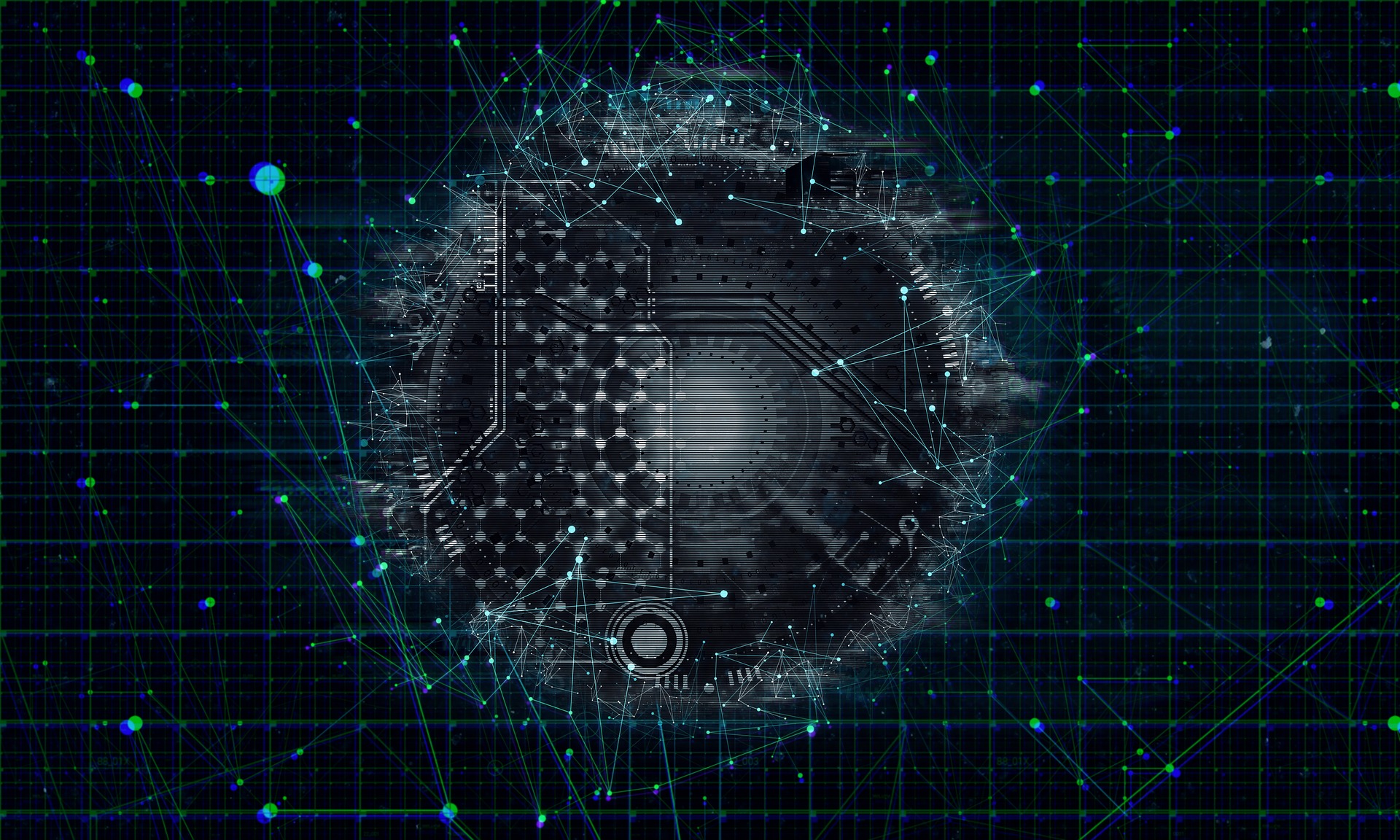Shifting Gears: How Industrial Sectors are Steering Towards a Decentralized Future
Introduction: As the business world continues to evolve, decentralized models are emerging as a powerful paradigm shift within the industrial sector. This article delves into the progression of decentralization in industrial sectors, the current trends, practical implications, and the potential challenges and benefits this transformation presents.

The Dawn of Decentralization in Industrial Sectors
The centralization model, where a single entity exerts control over a system, has been the norm within the industrial sector for centuries. However, with advancements in technology, a shift towards decentralization is now gaining momentum. Decentralization distributes authority away from a central location or authority, leading to a more democratic and participatory system. This trend started taking root in the late 20th century, driven by the digital revolution, and has accelerated in recent years with the advent of advanced technologies like cloud computing and blockchain.
Current Trends and Expert Perspectives
With decentralization, industries are witnessing a shift from a top-down approach to a more distributed model, leading to increased efficiency, flexibility, and resilience. According to a 2019 Gartner report, decentralized decision-making is becoming a key attribute for organizations looking to thrive in the digital era. The report highlights that decentralization can boost agility, drive innovation, and foster a culture of autonomy and accountability.
Implications of Decentralization: Opportunities and Challenges
The shift towards decentralization presents both opportunities and challenges. On one hand, it can lead to improved supply chain efficiency, faster decision-making, and enhanced customer responsiveness. On the other hand, it may pose challenges in terms of regulatory compliance, data security, and management of distributed resources.
Practical Insights: Navigating Decentralization
-
Build a robust technology infrastructure: This is a prerequisite for successful decentralization. Leveraging cloud technology, for example, can support a distributed workforce and operations.
-
Foster a culture of accountability: With power distributed across the organization, fostering a sense of accountability among employees becomes crucial.
-
Prioritize data security: As data becomes more distributed, companies need to invest in robust security measures to protect sensitive information.
-
Adopt a phased approach: Instead of a complete shift, organizations can adopt a phased approach to decentralization to manage the transition effectively.
Looking Ahead: The Future of Decentralization
As we move further into the 21st century, the trend towards decentralization in the industrial sector is set to continue. While the journey may present challenges, the potential benefits in terms of improved efficiency, agility, and resilience make it a worthwhile pursuit. Companies that embrace this shift and effectively navigate the transition stand to gain a competitive edge in the evolving business landscape.
In conclusion, the shift towards decentralization in the industrial sector represents a significant transformation. As with any major change, it requires thoughtful planning, strategic investment, and a commitment to navigating the challenges that arise. With careful execution, the move towards a more distributed, responsive, and agile business model can unlock significant advantages for businesses ready to embrace the future.





